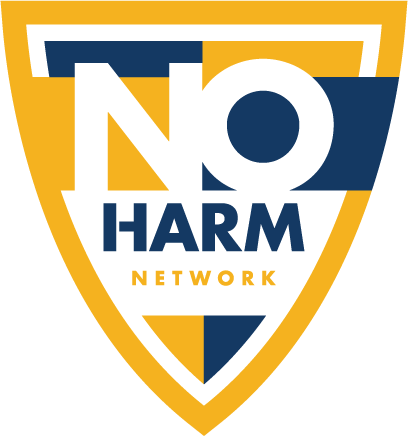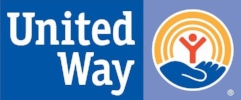Black History, a Tapestry of Hope
/Written by Sydney Wright, Events & Communications Manager
As far back as I can remember I was taught the beauty and vibrancy of Black History. Like a well woven patchwork quilt, Black History Month is a culmination of years of brilliance, beauty, creativity, and spirituality. I was raised to take pride in my history. My culture runs deep in every part of the fabric of my making. I was cultivated to be in awe of the achievements of Alex Haley, Fannie Lou Hamer, Billie Holiday, George Washington Carver, and so many more. The contributions of figures like these have stitched together such a dynamic time of celebration and honoring each year.
*NFNL does not own the rights to these images
As we enjoy and commemorate the rich threads of Black History, I can’t help but reflect on the history in the making here at New Friends New Life. In the last year over 328 women and youth decided to make history by committing to their growth. Every trauma informed counseling session, case management hour, and group session is a generational shift for our members. It is reported that 40% of sex trafficking victims in the U.S. are Black, despite Black people making up only 13.6% of the U.S. population. Our African American members have committed to engage in the fight against sexual exploitation and trafficking every time they enter the doors of NFNL. I find deep joy in the fact that every staff and members daily support the building of such a beautiful, redemptive, historic tapestry of hope.
New Friends New Life is a space for inclusion. Like beautiful textiles, we recognize each other’s intrinsic worth, value our diversity, and treat each other with dignity and respect. With this value at our core, I love to see Black History in the making through our staff every day. Bianca Davis, CEO, such a vital thread of NFNL, makes history daily with each dynamic leadership moment. Her tenacity, kindness, and vision are attributes we will honor and admire for years to come. I am truly inspired by our very own Annette Bailey and the historic bounds she has accomplished as our Program Resource Coordinator. Her truth telling, intentionality, and perseverance weaves a legacy of aspiration for all who encounter her. Here at New Friends New Life, we see Black History connected at the seams as our brilliant Accounting Director, Shenita Mitchell, works to maintain a financial foundation that will serve our staff and members for years to come. There are many more Black History makers that walk the halls of NFNL and as an African American woman, I am proud to work at a nonprofit that values Black History. New Friends New Life works to continue the legacy by adding a vital patch to the quilt of Black History and culture that will cover generations to come.





















